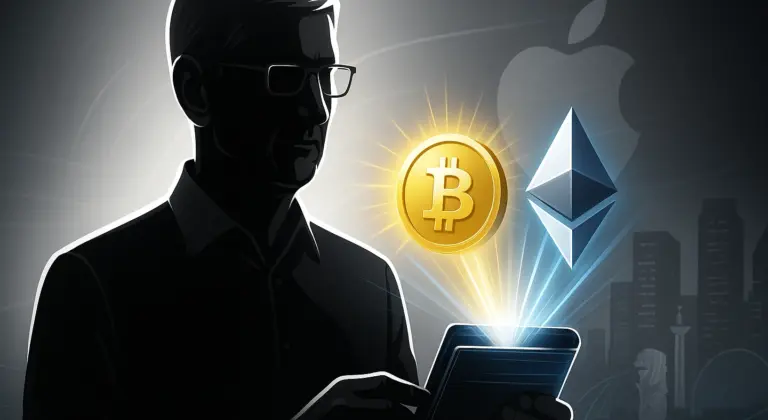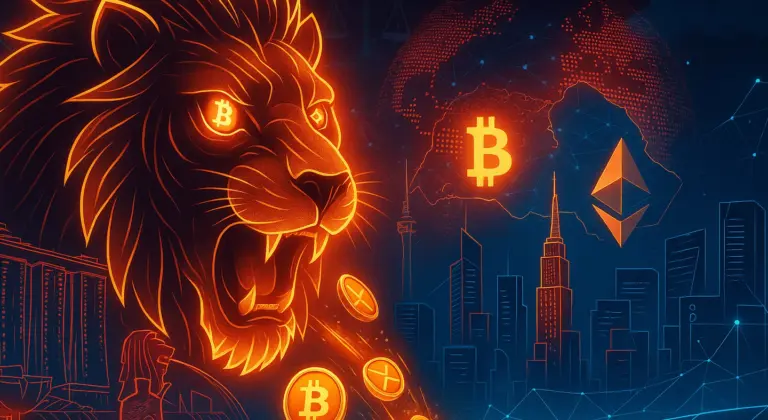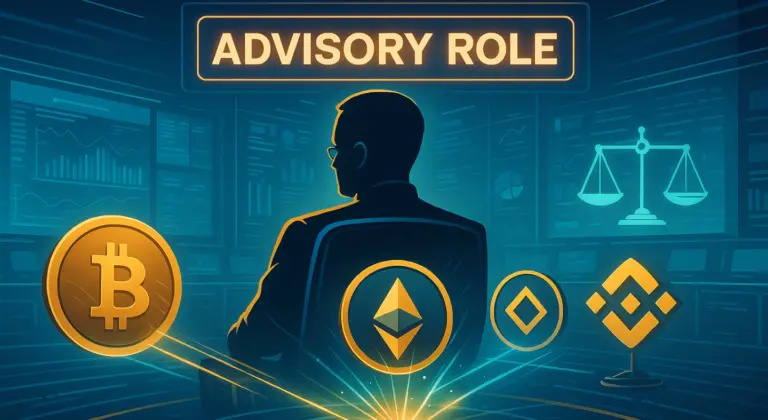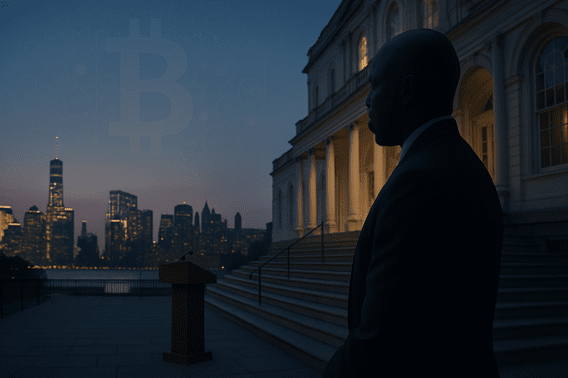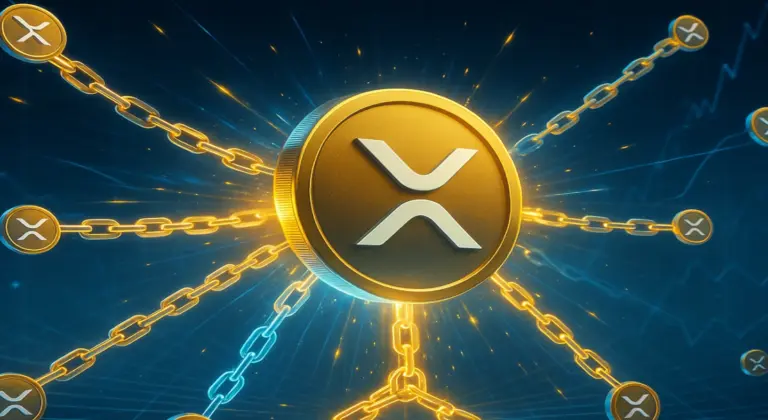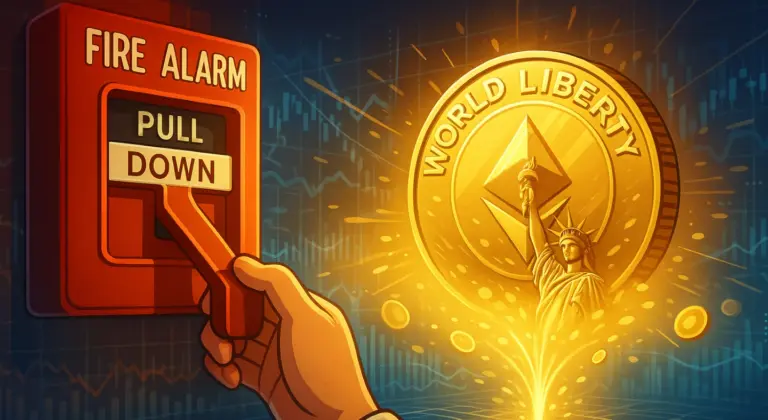Picture this, Tim Cook, the big boss at Apple, casually drops in an interview that he’s been quietly investing in cryptocurrencies like Bitcoin and Ethereum.
October as a Turning Point: ETFs, Inflows & a Maturing Crypto Market
We see October unfolding as a pivotal month for crypto’s evolution—thanks largely to the SEC’s shift toward generic listing standards for spot ETFs, which could dramatically shorten approval timelines and unleash a fresh wave of institutional capital.
As dozens of new ETF filings enter final decision windows through October, the path is being paved for regulated exposure to digital assets to reach new heights.
That regulatory tailwind will likely trigger deeper liquidity, tighter order books, and greater confidence in price signals.
For Bitcoin, this sets a constructive cumulative backdrop. We project a bullish trajectory in the $100,000 to $130,000 range, supported by ETF momentum, macro easing signals, and renewed institutional allocation.
For Ethereum, the opportunity set is amplified by its role in scaling and enterprise use cases.
If spot ETF windows open, ETH could rally toward $3,600 to $5,500 as demand converges on utility and capital flows.
While volatility is to be expected given macro headwinds and positioning shifts, this convergence of regulatory clarity and capital appears to mark a maturation phase for crypto.
In this environment, measured positioning in major assets makes sense, as the market pivots from speculative mania toward sustainable growth and deeper integration across DeFi, tokenized assets, and institutional frameworks.
Ryan Lee, Chief Analyst at Bitget
Disclosure:This article does not contain investment advice or recommendations. Every investment and trading move involves risk, and readers should conduct their own research when making a decision.
Kriptoworld.com accepts no liability for any errors in the articles or for any financial loss resulting from incorrect information.
ApeX Protocol report: Singapore is the apex predator of the crypto adoption
In crypto adoption, Singapore and the United Arab Emirates have grabbed the handlebars and are screaming ahead as the world’s most crypto-obsessed, as experts say, countries.
CZ’s new crypto gig is an advisory rule
Rumors flew faster than a blockchain transaction about whether Changpeng Zhao, better known as CZ, the legendary Binance founder, is launching a new crypto project called Aster.
Eric Adams Quits 2025 Race, Stalls New York Crypto Hub Plan
Eric Adams ended his 2025 reelection bid on Sunday. The New York mayor’s move removes the city’s most visible pro-crypto advocate from the race.
BitMine’s $900 million Ethereum buy is the next big crypto move?
When the market’s flirting with chaos, some players don’t just sit tight. Enter BitMine, chaired by the ever-bullish Tom Lee, who just scooped up 232,520 ETH, worth north of $900 million.
UK’s tokenized sterling project promises to boost Britain’s payment game
Picture the UK’s financial system gearing up for a makeover. UK Finance, the mighty voice for over 300 financial institutions, just kicked off a pilot project that could turn the stodgy old sterling deposits into sleek, tokenized digital cash.
XRP’s new staking craze is spreading
XRP has mostly been the silent sidekick in the DeFi sector. Until now. Enter mXRP, a shiny new staking product that’s turning heads, and wallets faster than a flash crash.


